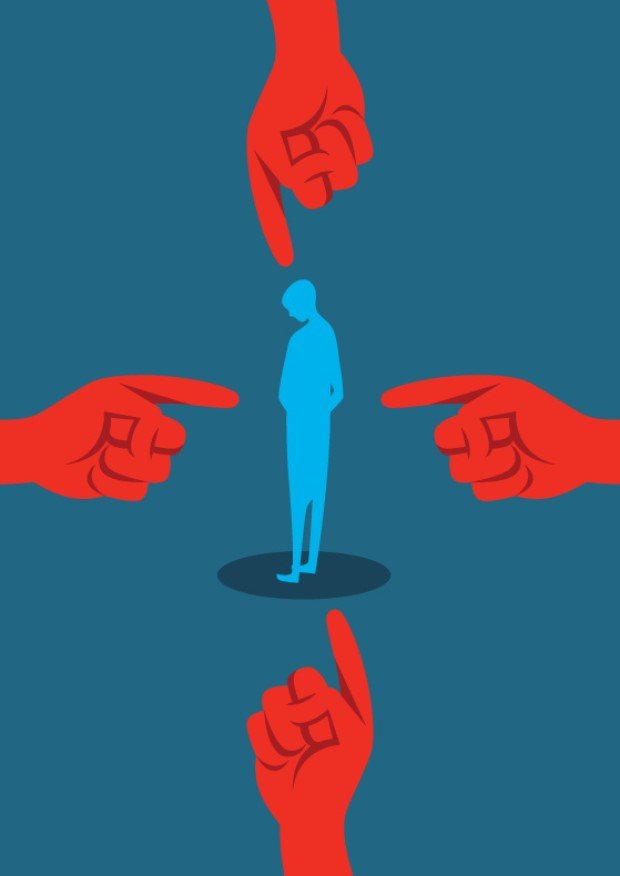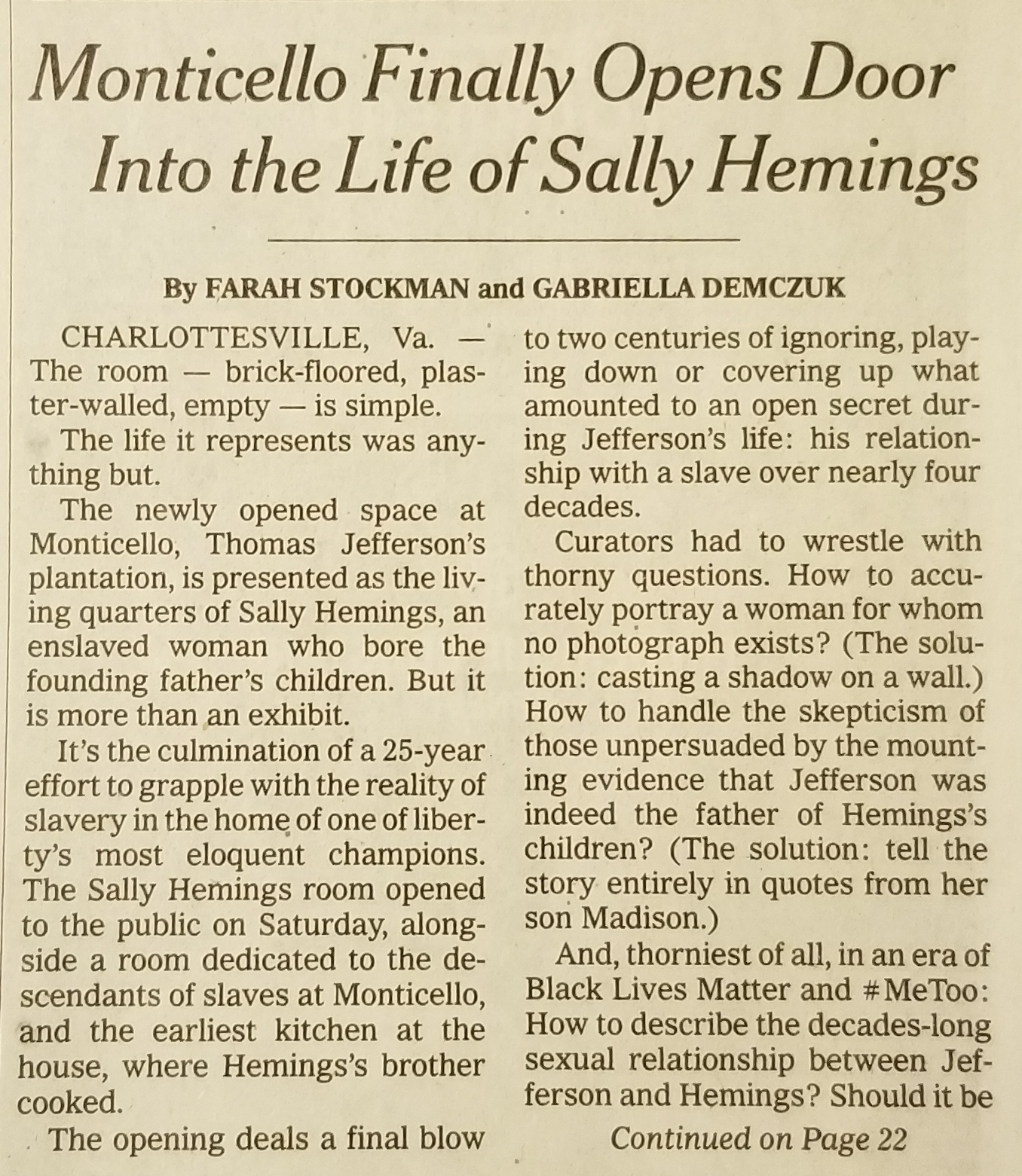Free fall is when life shows up like a game of Tetris. The blocks initially fall slowly, then speed up and eventually crash on your head. But for people caught in the grip of active addiction, it’s not a game, and the reset button is much harder to hit. The reset button often gets hit for them as they plummet toward rock bottom.
A guy I know is going through it right now. He got away with getting high for a long time. It started fun, but over time, the disease began pruning his life back to nothing but him and his substance. If addiction could talk, it might say: “Family? Man, fuck your family. Job? Man, fuck that job. Housing? Man, fuck shelter.” Addiction is a jealous lover.
I’m all for “life, liberty, and the pursuit of happiness.” If you want to drink, knock your Goddamned self out. I’ve got nothing to say except: enjoy yourself. Live your life.
People always ask: How do you know when you’ve hit your bottom? It’s hard to explain. The bottom is different for everyone. All I can say is that it’s distinct—you’ll know it when you hit it. No one will need to tell you; you’ll be telling them.
It’s a myth that you need to hit rock bottom to stop using drugs. It is a myth, like believing the world is flat or that we live in a true democracy. You don’t need to experience a catastrophe to quit. All you need is the willingness to change and someone to help you.
Free fall is interesting because, out of fear, the person in free fall often tries to comfort themselves by using the very substance that triggered the fall in the first place, creating a vicious cycle.
The world came into existence after the Big Bang. All is not lost—it just feels that way.


















